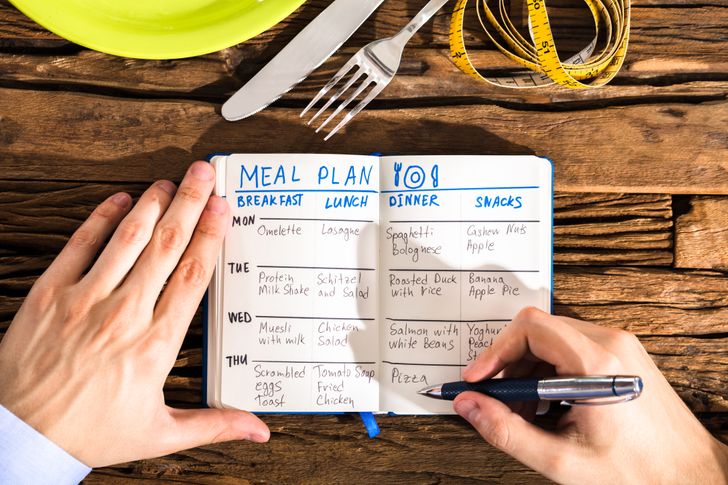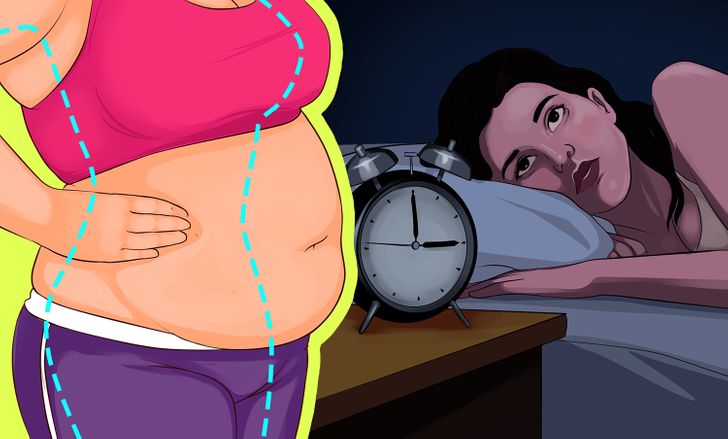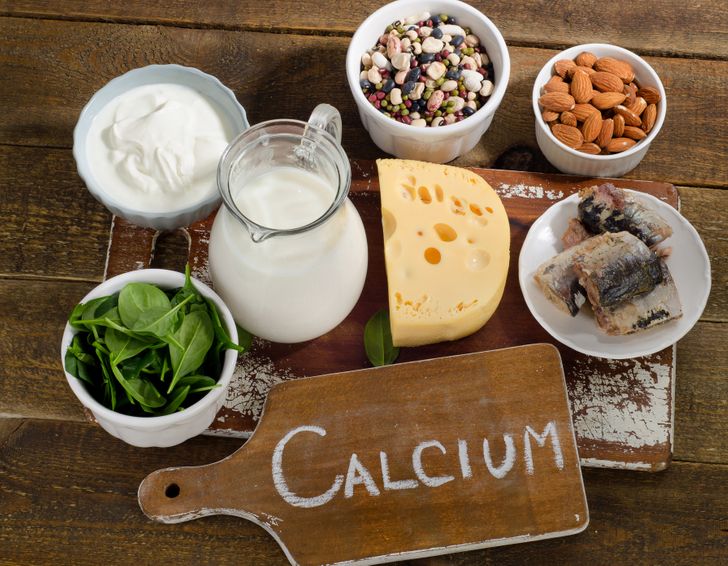Your metabolism plays a crucial role in maintaining a healthy weight and overall well-being. It’s the process by which your body converts food into energy, and a slow metabolism can make it harder to lose weight or even lead to weight gain. Unfortunately, many every day habits can sabotage your metabolic rate without you even realizing it.
In this blog post, we’ll explore seven common habits that slow down your metabolism and provide actionable tips to help you avoid these pitfalls. By making a few simple changes, you can boost your metabolism, improve your energy levels, and achieve your weight management goals.
A Weird Eating Schedule: How Irregular Meals Affect Your Metabolism

Your body thrives on consistency. When you eat at irregular times or skip meals, your metabolism can slow down as your body tries to conserve energy. This is especially true if you go long periods without eating, as your body may enter “starvation mode,” slowing down calorie burning to preserve energy.
Why It Matters:
- Skipping breakfast or eating late at night can disrupt your circadian rhythm, which regulates metabolism.
- Irregular eating patterns can lead to overeating or poor food choices, further slowing your metabolism.
What You Can Do:
- Aim to eat three balanced meals and two healthy snacks at consistent times each day.
- Avoid eating large meals late at night, as your body’s metabolism naturally slows down in the evening.
For more insights on how meal timing affects metabolism, check out this Harvard Health article.
Lack of Sleep: The Hidden Culprit Behind a Sluggish Metabolism

Sleep is essential for overall health, and it plays a significant role in regulating your metabolism. When you don’t get enough sleep, your body produces more cortisol, a stress hormone that can slow down your metabolism and increase fat storage.
Why It Matters:
- Poor sleep disrupts the balance of hunger hormones, increasing cravings for high-calorie foods.
- Sleep deprivation can reduce your energy levels, making you less likely to exercise.
What You Can Do:
- Aim for 7-9 hours of quality sleep each night.
- Establish a bedtime routine and avoid screens before bed to improve sleep quality.
Learn more about the connection between sleep and metabolism from this National Sleep Foundation resource.
Not Eating Enough: The Surprising Link Between Calorie Restriction and Slow Metabolism
While it may seem logical that eating fewer calories would lead to weight loss, severely restricting your calorie intake can backfire. When you don’t eat enough, your body slows down its metabolic rate to conserve energy, making it harder to lose weight in the long run.
Why It Matters:
- Extreme calorie restriction can lead to muscle loss, which further slows your metabolism.
- Your body may start breaking down muscle tissue for energy, reducing your overall metabolic rate.
What You Can Do:
- Focus on eating nutrient-dense foods that provide adequate calories and essential nutrients.
- Avoid crash diets and aim for sustainable, moderate calorie deficits if weight loss is your goal.
For more information on healthy calorie intake, visit this Mayo Clinic guide.
Sitting For Too Long: How a Sedentary Lifestyle Slows Your Metabolism

Prolonged sitting is one of the most common habits that slow down your metabolism. When you sit for long periods, your body burns fewer calories, and your metabolic rate drops.
Why It Matters:
- Sitting for too long can lead to weight gain, especially around the abdomen.
- A sedentary lifestyle is linked to insulin resistance, which can further slow your metabolism.
What You Can Do:
- Incorporate more movement into your day, such as standing desks, walking breaks, or stretching.
- Aim for at least 150 minutes of moderate-intensity exercise per week.
Check out this CDC resource for tips on staying active.
Not Getting Enough Calcium: The Overlooked Nutrient for Metabolic Health

Calcium is essential for strong bones, but did you know it also plays a role in regulating your metabolism? Low calcium levels can slow down your metabolic rate and increase fat storage.
Why It Matters:
- Calcium helps your body break down fat more efficiently.
- A calcium-rich diet can support weight management and metabolic health.
What You Can Do:
- Include calcium-rich foods like dairy products, leafy greens, and fortified plant-based milk in your diet.
- Consider a calcium supplement if you’re not getting enough from your diet.
For more on calcium and metabolism, read this NIH article.
Lack of Protein: Why Protein is Essential for a Healthy Metabolism
Protein is a key nutrient for maintaining a healthy metabolism. It has a high thermic effect, meaning your body burns more calories digesting protein compared to fats or carbs.
Why It Matters:
- Protein helps preserve muscle mass, which is crucial for a fast metabolism.
- A lack of protein can lead to muscle loss and a slower metabolic rate.
What You Can Do:
- Include a source of protein in every meal, such as lean meats, fish, eggs, beans, or tofu.
- Aim for 0.8-1 gram of protein per pound of body weight daily.
Learn more about the benefits of protein from this Healthline article.
Lack of Resistance Training: How Strength Training Boosts Your Metabolism

Cardio is great for burning calories, but resistance training is essential for boosting your metabolism. Building muscle increases your resting metabolic rate, meaning you burn more calories even at rest.
Why It Matters:
- Muscle tissue burns more calories than fat tissue, even when you’re not active.
- Resistance training can help prevent age-related metabolic slowdown.
What You Can Do:
- Incorporate strength training exercises like weightlifting, bodyweight exercises, or resistance bands into your routine.
- Aim for at least two strength training sessions per week.
For a beginner’s guide to resistance training, visit this ACE Fitness resource.
Conclusion: Take Control of Your Metabolism
Your metabolism is influenced by a variety of factors, many of which are within your control. By addressing these seven habits—irregular eating schedules, lack of sleep, not eating enough, prolonged sitting, insufficient calcium, lack of protein, and skipping resistance training—you can boost your metabolism and support your weight management goals.
Remember, small changes can lead to big results. Start by incorporating one or two of these tips into your daily routine, and gradually build from there. Your body will thank you!









Leave a Reply